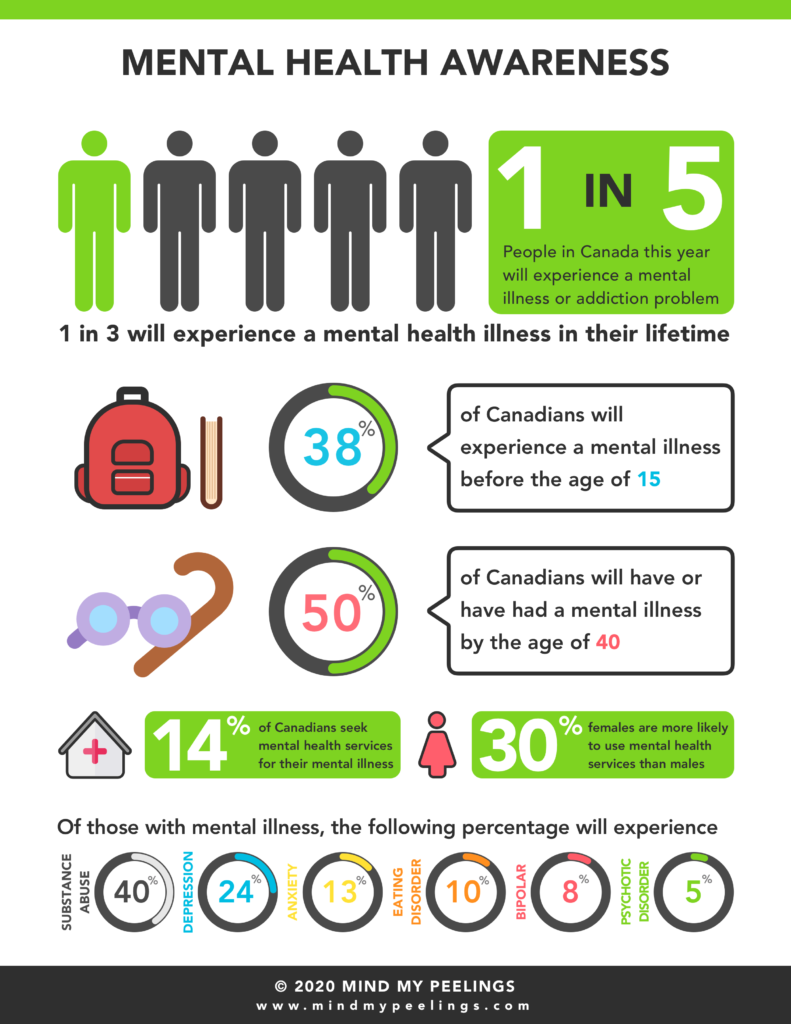As we navigate the complexities of modern life, the impact of mindfulness practices on mental health in 2024 has become a focal point for researchers and practitioners alike. Mindfulness, defined as the intentional focus on the present moment without judgment, has gained significant traction as a powerful tool for enhancing emotional well-being. In this article, we will delve into the various ways mindfulness can transform mental health, exploring its benefits, techniques, and the latest research findings that highlight its importance in today’s fast-paced world.
Throughout this exploration, you will learn about the different mindfulness techniques that can be easily integrated into your daily routine, such as meditation, mindful breathing, and body scans. We will also discuss the profound effects these practices can have on reducing anxiety, depression, and stress, ultimately leading to a more balanced and fulfilling life. Additionally, we will examine the role of mindfulness in fostering resilience and emotional regulation, equipping you with the tools to better manage life’s challenges.
Join us as we uncover the transformative power of mindfulness practices on mental health in 2024. Whether you are a seasoned practitioner or new to the concept, this article promises to provide valuable insights and practical tips that can enhance your mental well-being. Read on to discover how embracing mindfulness can lead to a healthier, happier you.
Mindfulness practices have gained significant attention in recent years, particularly in the context of mental health. As we move into 2024, understanding the impact of these practices on mental well-being is more crucial than ever. This article explores various aspects of mindfulness and its effects on mental health.
The Science Behind Mindfulness
Mindfulness is rooted in ancient meditation practices, but modern research has begun to uncover its psychological benefits. Studies have shown that mindfulness can lead to changes in brain structure and function, particularly in areas related to emotional regulation and stress response. Neuroimaging studies indicate that regular mindfulness practice can increase gray matter density in the hippocampus, which is associated with memory and emotional regulation.
Furthermore, mindfulness practices can reduce activity in the amygdala, the brain’s fear center, leading to decreased anxiety and stress levels. This scientific backing provides a solid foundation for the growing popularity of mindfulness as a therapeutic tool in mental health treatment.
Mindfulness and Anxiety Reduction
Anxiety disorders are among the most common mental health issues worldwide. Mindfulness practices, such as meditation and deep breathing exercises, have been shown to significantly reduce symptoms of anxiety. By focusing on the present moment, individuals can learn to detach from anxious thoughts and feelings, leading to a calmer state of mind.
Research indicates that mindfulness-based interventions can be as effective as traditional therapies for anxiety, making them a valuable addition to mental health treatment options. In 2024, more mental health professionals are likely to incorporate mindfulness techniques into their practices to help clients manage anxiety more effectively.
Mindfulness in the Workplace
The workplace can be a significant source of stress, impacting employees’ mental health. Implementing mindfulness programs in corporate settings has shown promising results in reducing stress and improving overall well-being. Companies that offer mindfulness training report lower employee turnover, increased job satisfaction, and enhanced productivity.
As organizations recognize the importance of mental health, the integration of mindfulness practices into workplace culture is expected to grow in 2024. This shift not only benefits employees but also contributes to a healthier work environment.
Mindfulness and Depression
Depression is a complex mental health condition that affects millions globally. Mindfulness practices have been found to be effective in alleviating depressive symptoms. By fostering a non-judgmental awareness of thoughts and feelings, individuals can break the cycle of negative thinking that often accompanies depression.
Mindfulness-based cognitive therapy (MBCT) combines traditional cognitive therapy with mindfulness strategies, showing significant promise in preventing relapse in individuals with recurrent depression. As awareness of these techniques grows, more individuals may seek mindfulness as a complementary approach to traditional depression treatments in 2024.
The Role of Technology in Mindfulness
In 2024, technology plays a pivotal role in making mindfulness practices more accessible. Mobile apps and online platforms offer guided meditations, mindfulness exercises, and community support, allowing users to engage in mindfulness at their convenience. This digital approach caters to the fast-paced lifestyle of modern society, making it easier for individuals to incorporate mindfulness into their daily routines.
Moreover, virtual reality (VR) mindfulness experiences are emerging, providing immersive environments that enhance relaxation and focus. As technology continues to evolve, its integration with mindfulness practices is likely to expand, offering innovative ways to support mental health.
Mindfulness for Children and Adolescents
Introducing mindfulness practices to children and adolescents can have profound effects on their mental health. Research suggests that mindfulness can improve emotional regulation, reduce stress, and enhance focus in young individuals. Schools are increasingly adopting mindfulness programs to help students manage academic pressures and social challenges.
In 2024, the emphasis on mental health education in schools is expected to grow, with mindfulness being a key component. Teaching children mindfulness techniques can equip them with valuable tools for coping with life’s challenges, fostering resilience from a young age.
Cultural Perspectives on Mindfulness
Mindfulness practices are not monolithic; they vary across cultures and traditions. Understanding these cultural perspectives can enrich the practice and application of mindfulness in mental health. For instance, Eastern traditions often emphasize the spiritual aspects of mindfulness, while Western approaches may focus more on psychological benefits.
In 2024, a more inclusive understanding of mindfulness that respects and incorporates diverse cultural practices is likely to emerge. This cultural sensitivity can enhance the effectiveness of mindfulness interventions and promote a more holistic approach to mental health.
Future Trends in Mindfulness and Mental Health
As we look ahead, several trends are likely to shape the future of mindfulness in mental health. The integration of mindfulness into various therapeutic modalities, increased research funding, and a growing emphasis on preventive mental health care are all expected to influence the landscape of mental health treatment.
Additionally, the rise of community-based mindfulness initiatives and the focus on social connections will play a crucial role in promoting mental well-being. In 2024, mindfulness is poised to become an integral part of a comprehensive approach to mental health, addressing not only individual needs but also fostering community resilience.
Mindfulness practices have gained significant attention in recent years, particularly for their potential benefits on mental health. As we move into 2024, research continues to explore how these practices can enhance psychological well-being, reduce stress, and improve overall mental health outcomes.
| Aspect | Description |
|---|---|
| Definition of Mindfulness | Mindfulness is the practice of being present and fully engaged in the moment, without judgment. It involves awareness of thoughts, feelings, and bodily sensations. |
| Benefits for Mental Health | Research indicates that mindfulness practices can lead to reductions in anxiety, depression, and stress. They promote emotional regulation and resilience. |
| Popular Mindfulness Techniques | Common techniques include meditation, deep breathing exercises, and mindful movement practices such as yoga and tai chi. |
| Impact on Stress Reduction | Mindfulness helps individuals manage stress by fostering a greater awareness of stress triggers and promoting a calm response to them. |
| Research Findings | Studies in 2024 show that regular mindfulness practice is associated with improved mental health outcomes, including lower levels of psychological distress and enhanced life satisfaction. |
| Integration in Therapy | Mindfulness-based therapies, such as Mindfulness-Based Stress Reduction (MBSR) and Mindfulness-Based Cognitive Therapy (MBCT), are increasingly integrated into mental health treatment plans. |
| Challenges and Considerations | While mindfulness can be beneficial, it may not be suitable for everyone. Some individuals may find it difficult to engage in mindfulness practices, especially those with certain mental health conditions. |
| Future Directions | Future research will likely focus on the long-term effects of mindfulness practices, their application in diverse populations, and the development of digital mindfulness tools. |
In conclusion, mindfulness practices hold promise for enhancing mental health in 2024 and beyond. As awareness of these practices grows, they may become an integral part of mental health care and personal well-being strategies.



